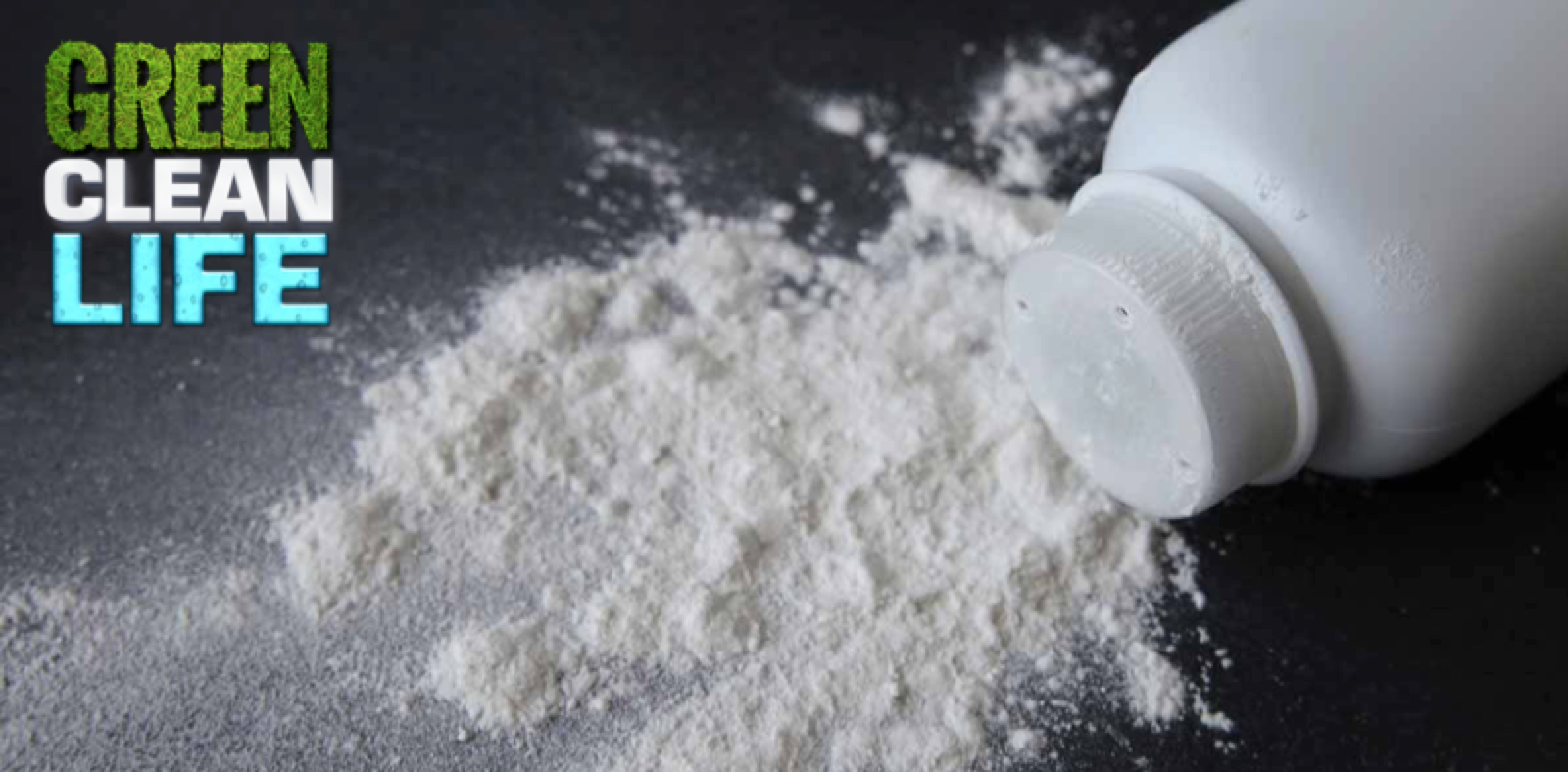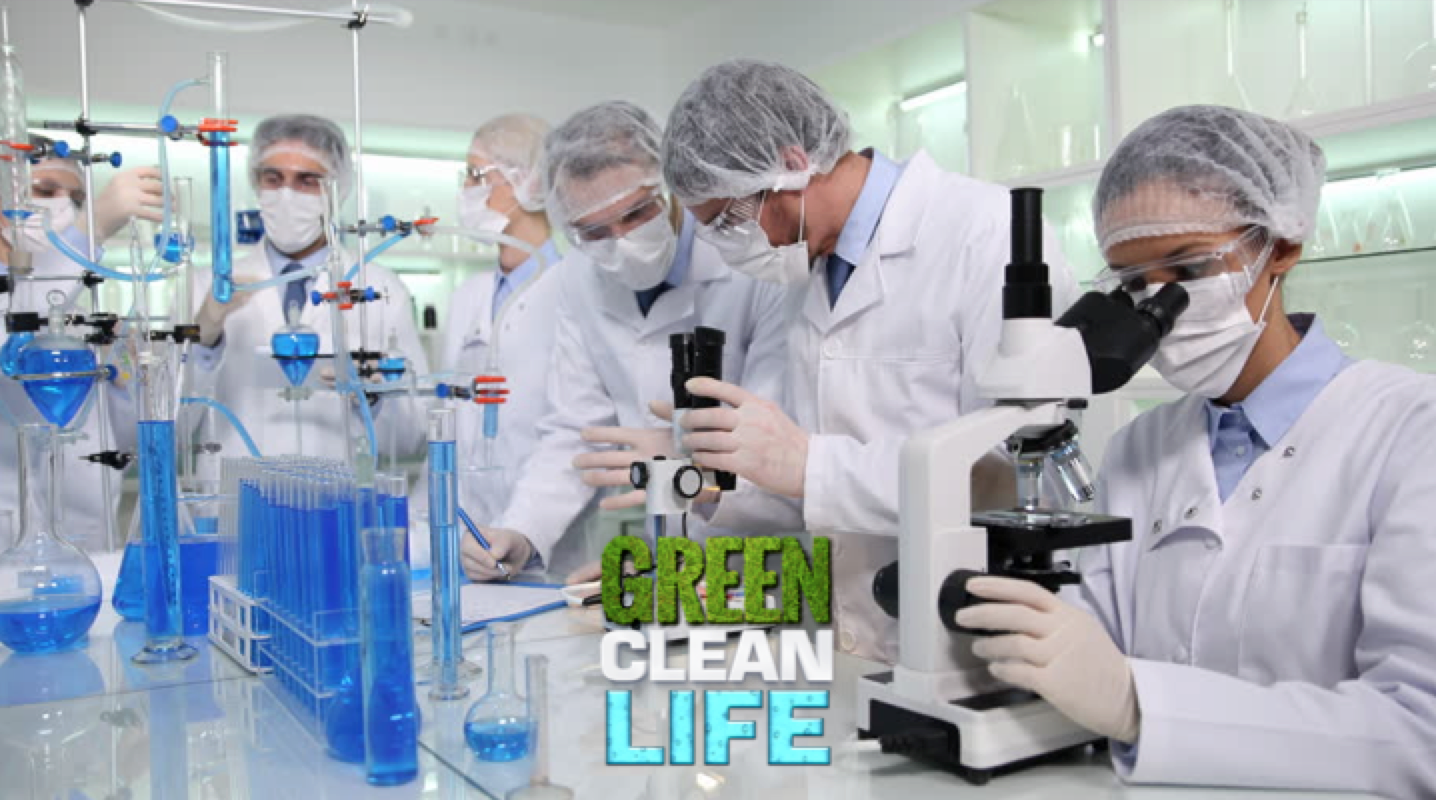Referral Marketing is the future. But please don’t confuse it with MLM (multi-level marketing), also
known as Network Marketing. Sure, there are similarities, but there are significant distinctions. And
these differences make a great deal of difference to those who are involved in these business models.
Both Referral Marketing and MLM use a direct form of marketing which bypasses expensive advertising
and promotion. And both encourage building a team for mutual support and revenue sharing. But the
similarities end there.
The most important differences between Referral Marketing and MLM’s are:
1. In MLM’s those who market are called distributors and, in most cases, they buy and resell
products to consumers. This can result in the distributor maintaining high inventories. Referral
marketers are just that, they refer people to a company, which then serves and supports the
individual. All the referral partner has to do is help set up the new person’s account.
2. MLM’s often have a big ‘buy-in’ in terms of fees or products on the front end. Referral
marketing is different – there is no huge up-front expense. It is simple and easy to become a
referral partner.
3. MLM cost of goods and services are often inflated to provide big commissions to the
distributors. It is expected and understood that goods are priced above what other similar
products cost in the retail marketplace. On the other hand, Referral Marketing has competitive,
if not less expensive, pricing.
4. MLM attrition rate is high, as inflated claims of profits are not realized and costs to be involved
can be extreme. Many distributors leave, unhappy with their results. Referral marketing enjoys
remarkable retention for several reasons. First, the products are excellent and appropriately
priced. Second, products are guaranteed, so risk to the consumer is covered.
5. Finally, an important distinction is how government defines an MLM, for these companies have
strict guidelines as to how they operate. Recently, some have come under scrutiny and received
major fines for non-compliance.
Considering getting involved? Ask about these issues before you decide. You will find Referral
Marketing is superior and offers the greatest benefit to you and your family.
Is Your Company Next?
The Federal Trade Commission is on a rampage. Why? MLM (multi-level marketing) companies are
coming under scrutiny for improper and illegal practices. In fact, two large established companies have
been fined $200 million and $238 million, respectively, in the past year. This is more than a slap on the wrist.
Other companies across the nation are scrambling – some to cover their tracks and others are genuinely
seeking compliance with the FTC. The simple truth is that people invested in these programs are at risk
– not only for the money invested, but for future earnings. Then how do you avoid getting trapped in one of these schemes? Consider these warning signs…
1. Does your company or distributors suggest that people quit their jobs and go full time in the
MLM business?
2. Does your company require large purchases to qualify for bonuses?
3. Are less than 33% of purchases of products made by those who are just customers versus
business builders?
4. Are the products priced significantly higher than similar products sold in the marketplace?
5. Do you see the company’s products being sold of eBay or Amazon for discounts?
6. Does your company market a miracle product that cures or prevents diseases or ailments?
7. Does your company or distributors suggest the ability to live a lavish lifestyle?
These are just a few of the negative signs you may be in the wrong company – one that may be subject
to government oversight and fines and, more importantly, loss of livelihood.
Your best bet is to seek an established referral marketing company. This is a company with an
established track record and excellent, well-priced products.
Also, make note of the difference between an MLM and a referral marketing company. While the
structuring may seem similar, the referral business is the way to go. You do not need to make excessive
purchases or keep inventory. And your products are good, without higher than market pricing.
If you feel you have to make extra purchases to qualify for a bonus or if you have to hold inventory, then
you are likely in the wrong place. Good companies have a substantial (66%+) customer only base and
keeps track of sales to customers, separate from business builders.
Unfortunately, this business model has been misused by some. And it has cast a shadow over the entire
industry. This kind of marketing is legitimate and affords the individual the opportunity to make passive
income – an essential in creating any kind of ongoing wealth. Just make sure you are with an honest and
compliant company, preferably one that does referral marketing.
Does Talcum Powder Causes Cancer?
Just think, products we have used for years, even generations, may be dangerous. That’s what a California jury determined in a recent case against drug company Johnson & Johnson. The case was one of thousands of lawsuits brought nationwide alleging the company failed to warn consumers of the risk of cancer from talc in its products.
Eva Echeverria of East Los Angeles is one of thousands of women who have sued the consumer products giant claiming baby power caused her ovarian cancer. In fact, the jury awarded punitive damages of $417 million in this case. She had been using the product for decades.
Baby power is used not only for babies, but by women to prevent chafing and for its freshening effect. This is one of the most used and trusted products ever sold.
And this law suit is not the only one. Other legal claims have been made against Johnson & Johnson, such as those in Missouri and South Dakota. Most of the decisions have gone against the company, the Missouri one resulted in damages of $307 million. More than 1,000 other people have filed similar lawsuits. Some who won their lawsuits won much lower amounts, illustrating how juries have wide latitude in awarding monetary damages.
Of course, the company is appealing, but the number of lawsuits is piling up, with only some having gone to trail, so far. In fairness, several suits have been dismissed.
But the significant success of suits, to the tune of millions of dollars in damages, raises serious questions about the product.
Even more importantly, these cases undermine public confidence in well-known and popular consumer products. It begs the question, who is looking out for the safety of people who rely on honest companies and government oversight to put safe, reliable and healthy products on the shelves?
Beware – Your Home May be Dangerous to Your Health
For years we have been buying the same household cleaners from the same big-name brands. They are literally a part of our lives.
But, did you know that these familiar names are not selling products with our best interests in mind? Yes, sadly, it’s true. Now this is not to disparage the effectiveness of these products in cleaning and producing results, but – and that’s a big BUT, these same effective cleaning products are not always safe for people. Some of them contain downright dangerous toxic chemicals to which no one, not even our pets, should be exposed.
According to Anne Marie Helmenstine, Ph.D., “Many common household chemicals are dangerous. They may be reasonably safe when used as directed, yet contain toxic chemicals or degrade over time into a more dangerous chemical.” It’s enough when we must confront known harmful chemicals, but to find that they can degrade into even more dangerous forms is downright scary.
Let’s look at some examples…
Ammonia – Ammonia is a common ingredient we have all used. It is especially common in glass cleaners and wipes. It is a volatile compound that can irritate the respiratory system and mucous membranes if inhaled and it can cause a chemical burn if it is spilled on skin. Ammonia will react with chlorinated products (e.g., bleach) to produce deadly chloramine gas. Yet, this has been a home standard for years.
Laundry Detergent – Laundry detergents contain a variety of chemicals, such as alcohol ethoxylate, alkyl ethoxy sulfate, amine oxide, ethanol and hydrogen peroxide. Few know what these are and what they mean to our health. Ingestion of cationic agents may cause nausea, vomiting, convulsion, and coma. Non-ionic detergents are irritants. Also, many people experience chemical sensitivity to dyes and perfumes present in some detergents.
These are just two of the many product types we use on a regular basis.
It’s time to read the fine-print – check all labels for ingredients and warnings. Better yet, select products that are known to be safe, i.e. non-toxic, green, bio-degradable. Your family will appreciate it and Mother Earth will too.




